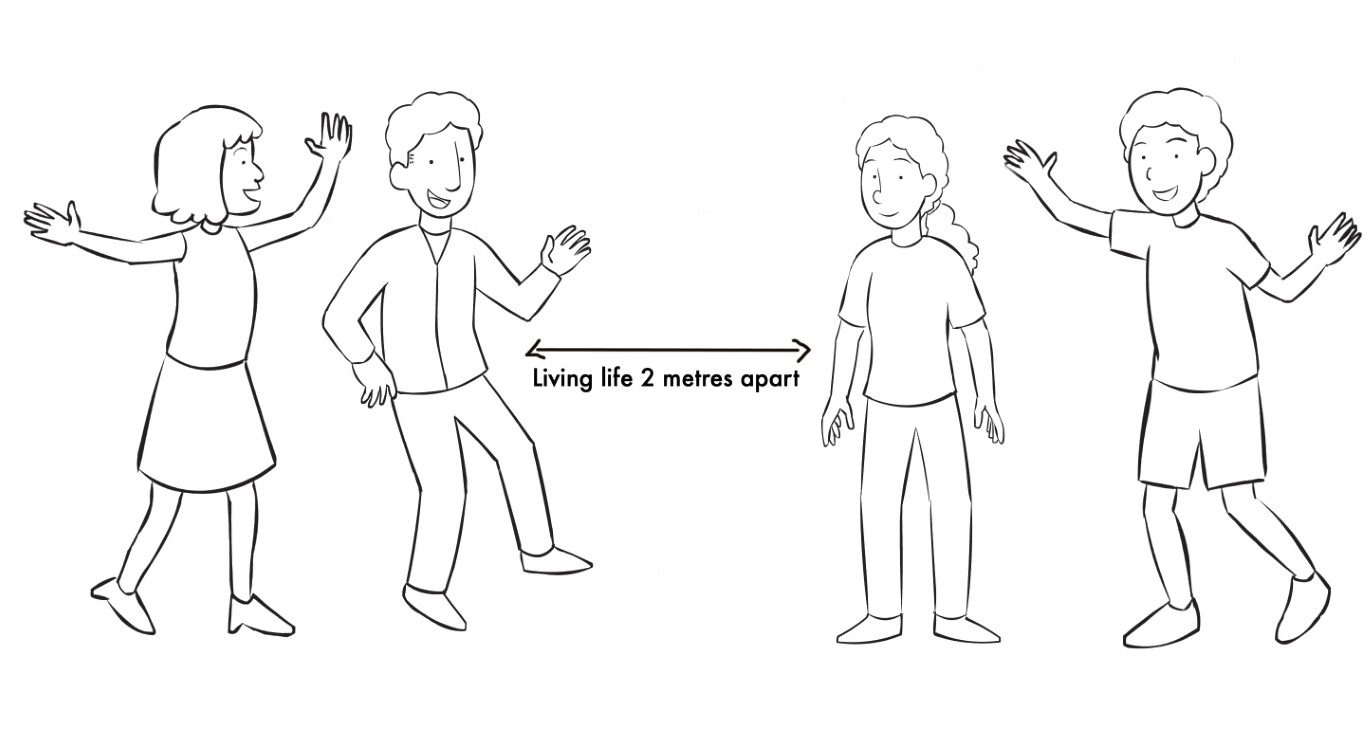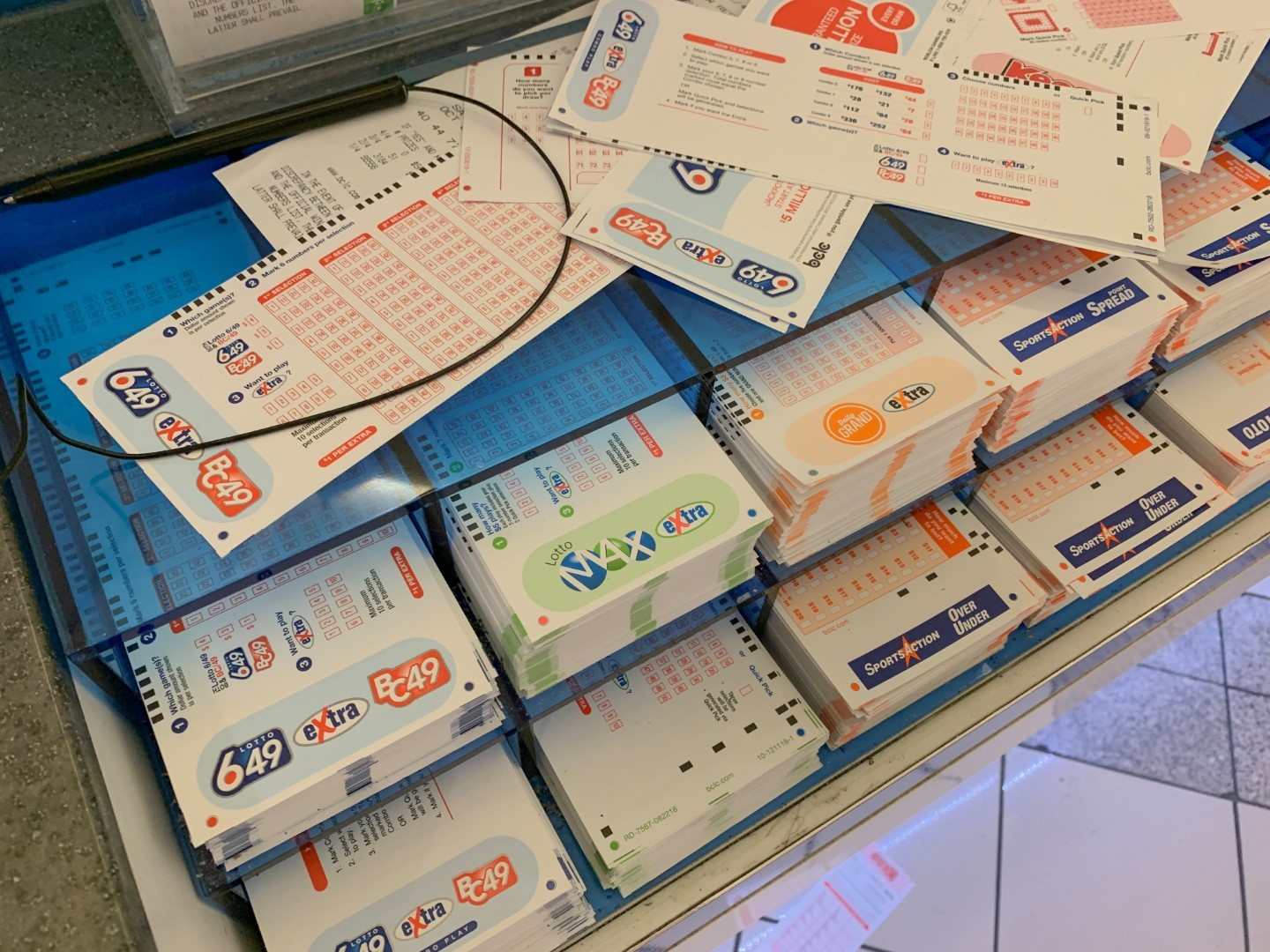
Rules about social distancing need more respect from the population
By Morgan Hannah, Life & Style Editor
It’s an interesting world we live in, especially now with everyone learning to live with COVID-19. But the real question is how are we all adjusting to life with during the pandemic? The answer is quite the mixed bag.
Rules and regulations have been put into place (like social distancing) that some believe are helping stop the spread of the disease. But, rules and regulations are only effective if those enforcing them continue to remind us all to participate. For example, just the other day, I got a delicious cold frappe and was surprised by how this particular coffee chain location is handling things. A pathway of green tape led the way from the door to the counter, indicating where each customer was to stand (2 metres apart), and there was an employee whose sole job was to open and close the door and make sure people shuffled along the taped pathway accordingly. Sure, this new way of grabbing your morning java means that the whole process is slowed down, but it’s also effective—and in times like these, comforting. I like having the staff take control and enforce social distancing as they were, because not everyone remembers or cares for the new helpful rules the government and some scientists are trying to enforce.
I haven’t yet taken public transit to get anywhere. If I cannot walk or be driven by my partner, I cannot get there—
wherever “there” happens to be. At first, I thought this might’ve been overkill on my part, but when walking home from the grocery store last week, I peered into a bus that drives the same route as I walk and noticed absolutely no social distancing! There were people sitting in every row! Now, this might have been a one-off incident, and even so, it might seem alright right now because BC has done a pretty great job of flattening the curve in comparison to its neighbouring Canadian cities—considering that our new cases are generally in the single digits. But, if people get lax on keeping the space between each other now, then the second wave could potentially hit faster and harder.
“A second wave is inevitable,” Dr. Sandy Buchman, president of the Canadian Medical Association and resident of downtown Toronto said in an interview with Global News. Buchman predicts that the second wave will hit Canada during the fall, but the impact and arrival date will vary depending on region and depending on each and every one of us.
Will the changes we are all seeing become the new normal? Well, it’s entirely possible that glass shields and face masks in workplaces may be part of the new normal, but people continue to fight for a return to what they’re used to in other neighbourhoods—such as the beach goers. During the first hot weekend in BC, people flocked to the beach and set up their spots in the sand—and they kept coming. Soon, the entire beach looked as though it was at full capacity with many people parked on every square inch of the sand, sharing drinks, towels, drugs, and hugs as if nothing had changed. (Though it is important to note that photos of dense crowding can easily be simulated with a telephoto lens that, through perspective, makes everything look closer together.) It’s understandable that as the weather gets hot and sunny, Canadians want to get outside and enjoy their summers; however, it’s these little “pockets of paradise” that could potentially put us all at risk and make life during the pandemic that much harder for those who are at higher risk.
In ambiguous situations, people look for social cues from others, so if we all remind ourselves to follow the rules and maintain the recommended distance of 2 metres apart—regardless of where we are and what we are doing—as well as wearing appropriate PPE when necessary, and regularly washing our hands or using sanitizer, then perhaps more of us can enjoy every day life and our summer season with the virus around. These are little sacrifices that I feel will help keep our nation comfortable and healthy and help everyone live their best lives during the pandemic.

